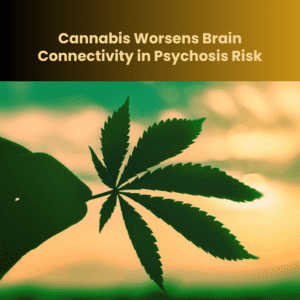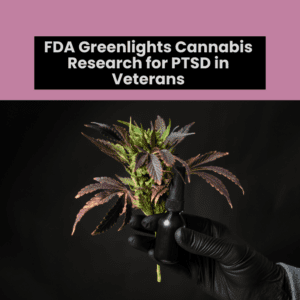Delta-8 THC: The Hemp-Derived Trend That’s Here to Stay

Hemp-Derived Products Like Delta-8 THC Face Regulatory Scrutiny as Market Grows
As the cannabis and hemp industries continue to expand, the regulation of hemp-derived products, such as Delta-8 THC, has become a focal point of debate. Pablo Zuanic, a highly respected equity analyst focused on the cannabis and psychedelics sectors, recently discussed the future of hemp derivatives in a compelling interview. With evolving state regulations and increasing market share, Zuanic asserts that these products are becoming a permanent fixture in the industry.
Hemp’s Growing Role in the Market
Hemp-derived products have rapidly gained traction, leading to a fragmented market filled with diverse players across the supply chain. Zuanic notes the widespread presence of hemp derivatives in the U.S. market, stating, “Hemp derivatives are here to stay.” He describes the hemp industry as “a very democratic industry, a very competitive capitalist industry” due to its varied components, including farmers, processors, and manufacturers.
Though hemp-derived products like Delta-8 THC were not initially anticipated to play such a significant role under the 2018 Farm Bill, Zuanic highlights their unexpected growth. “It’s not a small little loophole. It’s a big thing. It’s a big industry,” he emphasizes, underscoring the substantial impact of hemp derivatives on the overall market.
Regulation Is on the Horizon
While hemp-derived products continue to thrive, Zuanic emphasizes the increasing need for regulatory oversight. He points to the current patchwork of state regulations, where some states are attempting to implement stricter controls on the production and sale of hemp products. For example, Florida’s governor recently vetoed a ban on hemp derivatives, yet the state still maintains regulations around testing and packaging.
Zuanic argues that the disparity in regulations between the hemp and cannabis industries creates an uneven playing field. “It’s not a level playing field with the cannabis industry,” he states, noting that cannabis businesses face much stricter federal and state regulations compared to their hemp-derived counterparts.
Zuanic believes that as regulations evolve, both industries will eventually coexist in a more regulated environment. “Over the next four years, regulations will probably be established to allow both industries to coexist,” he adds, suggesting a hopeful outlook for harmonization in the market.
A Long-Term Outlook
As the market for hemp-derived products matures, it is evident that these items will continue to play a major role in the cannabis landscape. Zuanic’s insights provide a realistic perspective on the industry’s future, where hemp derivatives are expected to be more tightly regulated while still remaining an important market segment.
With Zuanic scheduled to speak at the upcoming Benzinga Cannabis Capital Conference in Chicago on October 8-9, his perspectives on hemp and cannabis regulation will likely inform discussions among industry leaders on how the two markets can evolve together.
As cannabis rescheduling seems imminent, many are eager to understand its implications for the industry. Attendees can hear directly from top executives, investors, advocates, and policymakers at the 19th Benzinga Cannabis Capital Conference. Tickets are available now, with prices expected to surge as the event date approaches. Follow this link to secure your spot and join the conversation about the future of cannabis and hemp regulations.











